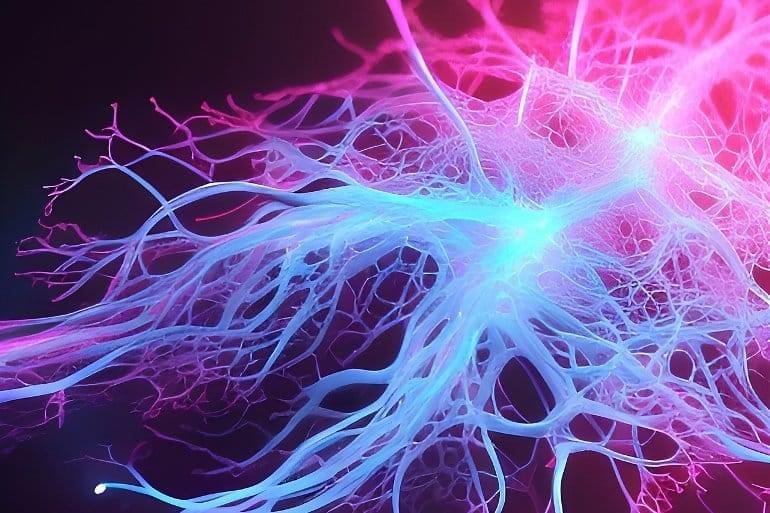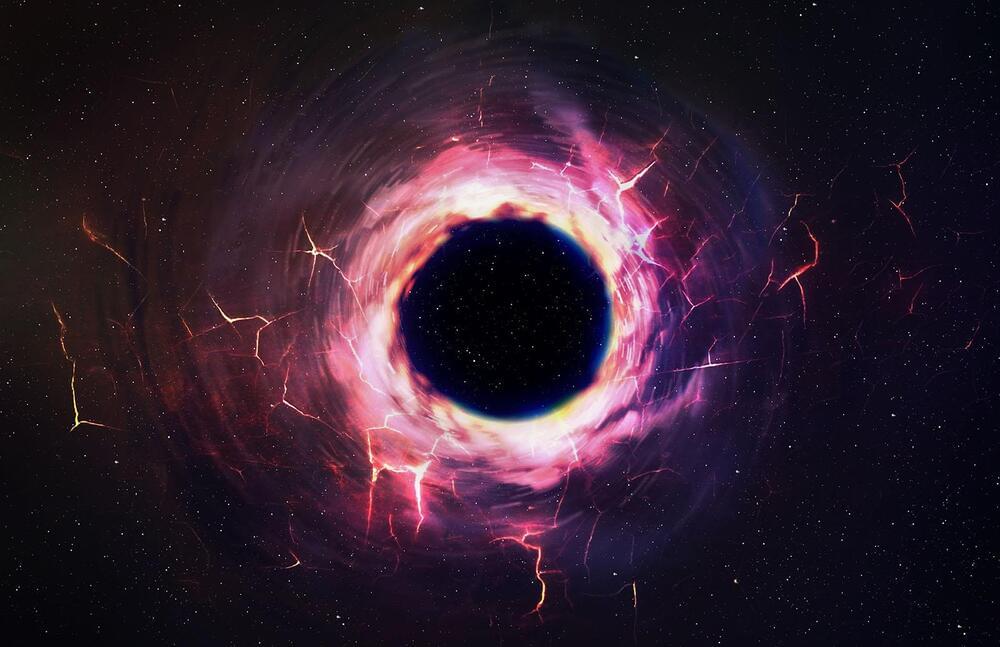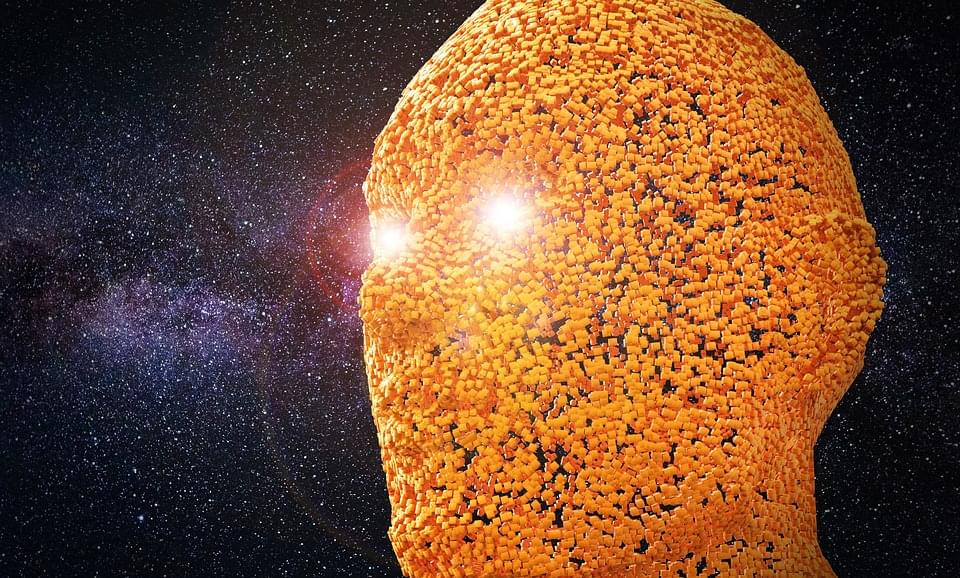https://youtube.com/watch?v=qusXSHkcQZg&feature=share
(Filmed as: Blade Runner) by Philip K. Dick full audiobook. With cast and corresponding animated imagery.
Bounty hunter Rick Deckard wakes up to a world devastated by nuclear war, where humans care for animals to prevent the mass extinction of several species, where androids are colonial slaves who kill their masters and flee to hide on Earth.
Deckard’s boss Harry Bryant tells him that Dave Holden, another bounty hunter, was hurt while hunting fugitive androids, and now Deckard has to finish the job.
The catch? The androids are Nexus-6 models, the most intelligent, advanced androids ever created.
We appreciate the support. Thank you for listening! As always, we truly hope you enjoy!
Please Like and Subscribe.
Thanks again to all those who’ve listened and joined our channel!
All male parts (except Roy Batty) voiced by Matthew Silas Sedgwick.
All female parts voiced by Makyla Meyer.
Roy Batty voiced by Chris Carter.
Prologue — 00:00:00
Chapter 1 — 00:00:40
Chapter 2 — 00:19:19
Chapter 3 — 00:38:44
Chapter 4 — 00:51:12
Chapter 5 — 01:10:13
Chapter 6 — 01:30:45
Chapter 7 — 01:42:17
Chapter 8 — 02:05:21
Chapter 9 — 02:23:44
Chapter 10 — 02:45:38
Chapter 11 — 02:58:12
Chapter 12 — 03:10:20
Chapter 13 — 03:33:27
Chapter 14 — 03:47:35
Chapter 15 — 04:06:07
Chapter 16 — 04:34:16
Chapter 17 — 04:53:27
Chapter 18 — 05:04:06
Chapter 19 — 05:25:33
Chapter 20 — 05:39:39
Chapter 21 — 05:43:52
Chapter 22 — 05:56:07
#philipkdick #bladerunner #audiobook


